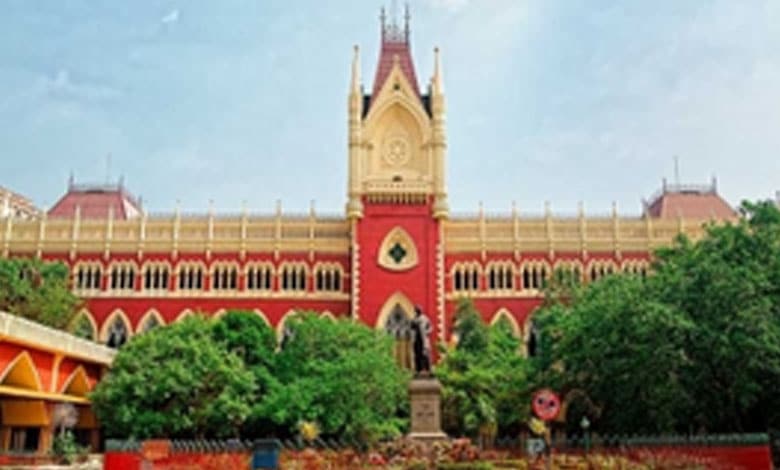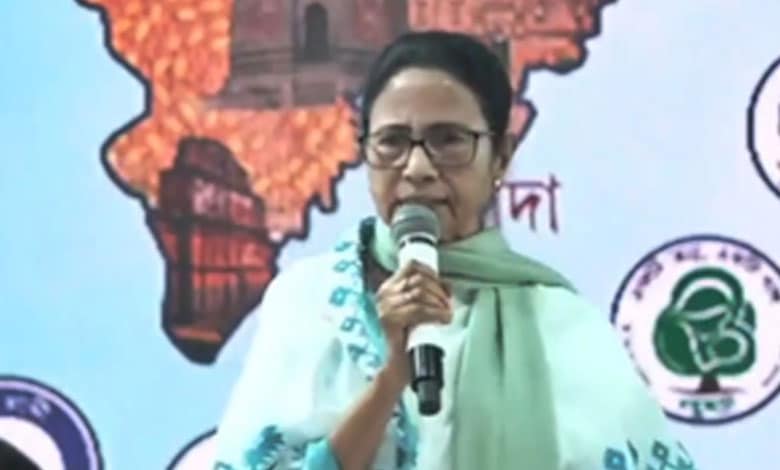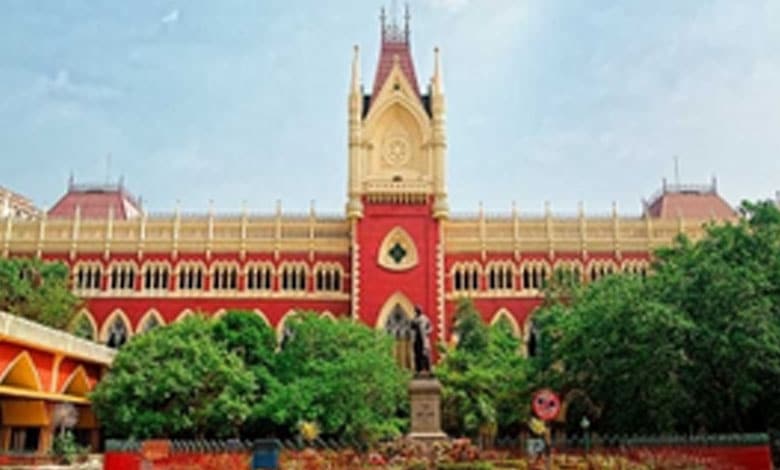RG Kar Case: Calcutta High Court to Hear Bengal Government’s Plea for Death Penalty for Convict
"Calcutta High Court to review the Bengal government's plea seeking the death penalty for the convict in the RG Kar case. Stay updated on this critical legal development."

Kolkata: A significant development in the R.G. Kar Medical College and Hospital case is set to unfold as the Calcutta High Court’s division bench hears the West Bengal government’s plea seeking the death penalty for Sanjay Rouy, the convict in the rape and murder of a woman doctor.
This high-profile case has captured public attention, sparking discussions on justice and the severity of punishment.
Table of Contents
Special Court Verdict and the Government’s Stand
Earlier, a special court in Kolkata found Sanjay Rouy guilty and sentenced him to life imprisonment. However, the West Bengal government, led by Chief Minister Mamata Banerjee, deemed the punishment insufficient for the heinous crime.
On Tuesday, State Advocate General Kishor Datta filed a plea on behalf of the government, requesting the Calcutta High Court to revise the sentence to the death penalty.
The plea has been admitted by a division bench comprising Justice Debangshu Basak and Justice Shabbar Rashidi. The court’s cause list for Wednesday indicates that the matter will be taken up for hearing.
Chief Minister’s Call for Justice
Following the special court’s verdict, Chief Minister Mamata Banerjee publicly announced her government’s decision to challenge the sentence.

Addressing the issue during a meeting in Malda district, she emphasized the need for strict punishment, describing the crime as a “rarest of rare” case.
“Society cannot have a humanitarian approach towards an inhuman individual. Life imprisonment often allows convicts to be released on parole, posing a risk of reoffending.
If someone chooses to be inhuman, how can society remain humanitarian towards them? This is why we are demanding a death sentence for the convict in the R.G. Kar tragedy,” the Chief Minister stated.
The Crime That Shook Bengal
The crime—a brutal rape and murder of a young woman doctor—shook the conscience of West Bengal. The victim, who was associated with the state-run R.G. Kar Medical College and Hospital, was attacked in an incident that has been widely condemned as an act of extreme brutality.
The case has reignited debates about women’s safety, the efficiency of the justice system, and the necessity of stringent punishments for crimes against women.
Legal and Public Reactions
The state government’s decision to seek the death penalty has garnered mixed reactions. Legal experts have pointed out the challenges of securing a death sentence, given the strict criteria set by the Supreme Court of India, which mandates it only in the “rarest of rare” cases.
On the other hand, public sentiment largely favors harsher penalties for crimes of this nature. Women’s rights activists and civil society groups have supported the government’s move, emphasizing the need for a strong message to deter such crimes.
Related Article | Bengal Government Moves Calcutta High Court for Death Penalty in R.G. Kar Case
Next Steps in the Legal Battle

As the Calcutta High Court takes up the matter, all eyes are on the division bench’s decision. If the court upholds the government’s plea, it could set a precedent for handling similar cases in the future.
Conversely, if the plea is rejected, it may spark further discussions on the adequacy of existing punishments for violent crimes.
Broader Implications
The R.G. Kar case underscores the urgent need for systemic reforms to ensure swift and effective justice. While the outcome of the current plea remains uncertain, the case has reignited public discourse on women’s safety, legal deterrence, and societal accountability.
For now, the focus remains on the Calcutta High Court, where the battle for justice continues. The division bench’s decision will not only impact the life of the convict but also reflect on the judiciary’s stance on crimes that shock societal conscience.
